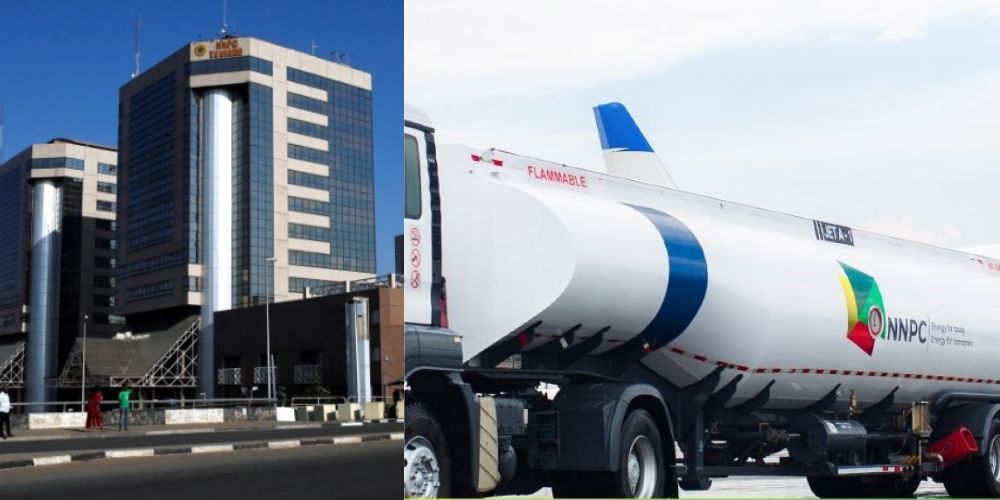The Sultan Foundation for Peace and Development (SFPD) has donated drugs and consumables worth N1.7 billion to the Sokoto and Kebbi governments.
Handing over the items, SFPD coordinator and the Emir of Argungu, Alhaji Muhammad Mera, said the foundation is a non-profit and non-governmental organisation under the leadership of the Sultan of Sokoto, Alhaji Sa’ad Abubakar.
“The medicines and medical supplies are to complement the efforts of Sokoto and Kebbi states ministries of health on healthcare delivery, especially for women and children.
“They were received from MAP International, a U.S.-based Global Health Organisation that donates life-saving medicines and health supplies to underserved communities around the world. It was facilitated by Mr Aminu Yaro, a Nigerian and Nell Diallo, a Senegalese with financial support from the Reed Foundation, ” Mera said.
The coordinator thanked the federal government for waiving customs duties worth N254 million to facilitate the importation of the donated commodities into the country.
He further urged the state governments to distribute the medicines and supplies to hospitals and clinics for the benefit of deserving patients and other beneficiaries.
He expressed optimism that more states would benefit from the donation.
Responding on behalf of the Sokoto State government, the director-general of the Drugs and Medical Supplies Management Agency (DMSMA), Mr Umar Attahiru, thanked the foundation for the donation.
He commended the good leadership of Sultan Abubakar for attracting such efforts and assured the fpunatons of proper use of the items to the populace.
Kebbi State government representative and the permanent secretary in the state ministry of health, Dr Shehu Nuhu-Koko, said the drugs and consumables were essential needs to the population.
Nuhu-Koko said it would have a positive impact on the lives of the citizens, stressing that the consignment contained relevant medicines that were periodically needed especially among pregnant women and children across the states.

 3 weeks ago
51
3 weeks ago
51















 English (US) ·
English (US) ·